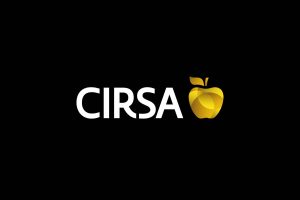New Jersey bill would restrict gambling ads

NJ senator Joseph Cryan introduced S4021 to “protect vulnerable populations.”
US.- New Jersey state senator Joe Cryan introduced last week Senate Bill 4021, which would prohibit New Jersey sports betting and casino operators from using “fraudulent or deceptive ads.” The legislation does not give specific examples of the ads that would be fraudulent or deceptive.
He said S4021 is designed to narrowly target gambling advertisements that may be described as “fraudulent, or designed to entice individuals on the self-exclusion list or who are under the legal age to gamble” and aims to “protect vulnerable populations” in the state from potentially adverse effects associated with gambling.
The legislation would require the New Jersey Division of Gaming Enforcement to promulgate rules to restrict advertisements in this way.
The bill would also preclude companies from reaching customers on self-exclusion lists, or directly appealing to individuals under the legal betting age of 21.
According to S4021, the piece of legislation will regulate sports betting ads as follows: “(12) sports pool related advertising of sports wagering licensees, or their contracted operators, to ensure their advertisements are in no way deceptive or fraudulent, do not direct unsolicited advertisements towards individuals on the list of self-excluded persons established pursuant to section 1 of P.L.2001, c.39 (C.5:12-71.2), and do not appeal directly to individuals under the legal age to wager.”
See also: New Jersey launches two tools to fight problem gambling
The exact language of the bill adds: “Gambling on casino games or sporting events is a potentially addictive behavior that can result in mental, social, and financial stresses to an individual, their family, and their community. While gambling in various forms and through various mediums is legal in this State, it is necessary to take steps to protect vulnerable populations in this State from the adverse effects associated with gambling.
“This bill narrowly targets gambling advertisements that are fraudulent, or designed to entice individuals on the self-exclusion list or who are under the legal age to gamble, while leaving available all other means and methods of advertising.”
See also: New Jersey bill proposes mandatory treatment for underage bettors











